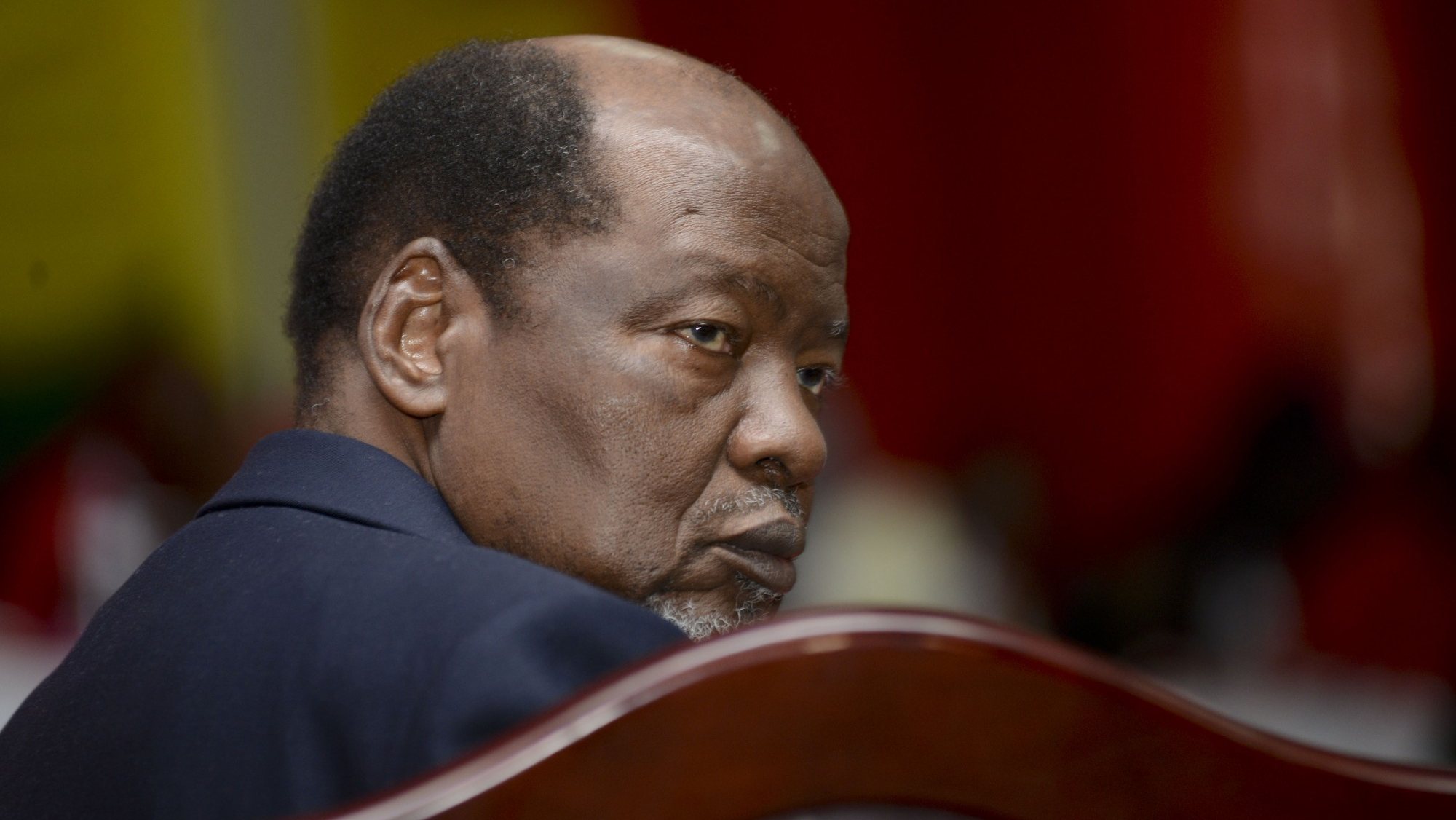The former president of Mozambique affirms that the African Union must find solutions that prevent coups in Africa from being seen as a solution to the problems of each country.
The former Mozambican head of state, Joaquim Chissano, described on Tuesday the coups in Africa as a “setback for peace and democratization” on the continent, considering that the African Union must find solutions.
“The African Union has to study [o fenómeno] discourage the solution through the coup”, stressed Joaquim Chissano, noting that the solutions to the recent coups in Niger and Gabon depend on the capacities of the regional blocs, in central and western Africa, respectively.
The CEEAC grants Gabon one year to restore the “constitutional order”
Military coups are “a phenomenon that unfortunately goes against the decision of the African Union,” said Joaquim Chissano, speaking to journalists after a public event in Chimoio, in central Mozambique.
Borrell will present a proposal for sanctions against the coup leaders in Niger
Chissano understands that coups d’état must be discouraged so that there are no “unconstitutional changes of government.” “I think we have enough wisdom to return to peace,” stressed the former Mozambican head of state.
Joaquim Chissano was speaking to reporters upon his return from the inauguration ceremony of the newly elected President of Zimbabwe, Emmerson Mnangagwa, whose election was widely questioned by the opposition. Chissano considered that the recorded anomalies “did not have significant value in the results.”
“What was feared, that after the elections there could be violenceIt all went downhill from there. That is why happiness reigns” in Zimbabwe, declared the former Mozambican head of state.
Last Monday, the coup leader in Gabon, took office five days after a group of soldiers announced that he had seized power, shortly after the electoral commission declared Ali Bongo victorious in the presidential and legislative elections on August 26, which the opposition considered fraudulent. The coup leaders claimed that the vote was not transparent, credible or inclusive and accused the Gabonese government of governing in an “irresponsible and unpredictable” manner. thus undermining “social cohesion”.
At the end of the day last Wednesday, the leaders of the coup announced the appointment of General Brice Oligui Nguema, commander of the country’s Republican Guard, responsible for the security of the head of state himself, as new “transitional president”. African Union (AU) Commission Chairman Moussa Faki Mahamat condemned the coup, describing it as a “blatant violation of the organization’s legal and political instruments.”
The UN Secretary General, António Guterres, joined the condemnation, although he warned of irregularities in the electoral process that led to the victory of Ali Bongo, whose family had ruled the country for 50 years.
The coup d’état in Gabon – one of the oil powers of sub-Saharan Africa – is the second to take place in just over a month on the continent, after the army seized power in Niger on July 26.
Gabon joins, for now, the list of countries that have had successful coups in the last three years: Mali (August 2020 and May 2021), Guinea-Conakry (September 2021), Sudan (October 2021 ) and Burkina Faso (January and September 2022).
Source: Observadora
